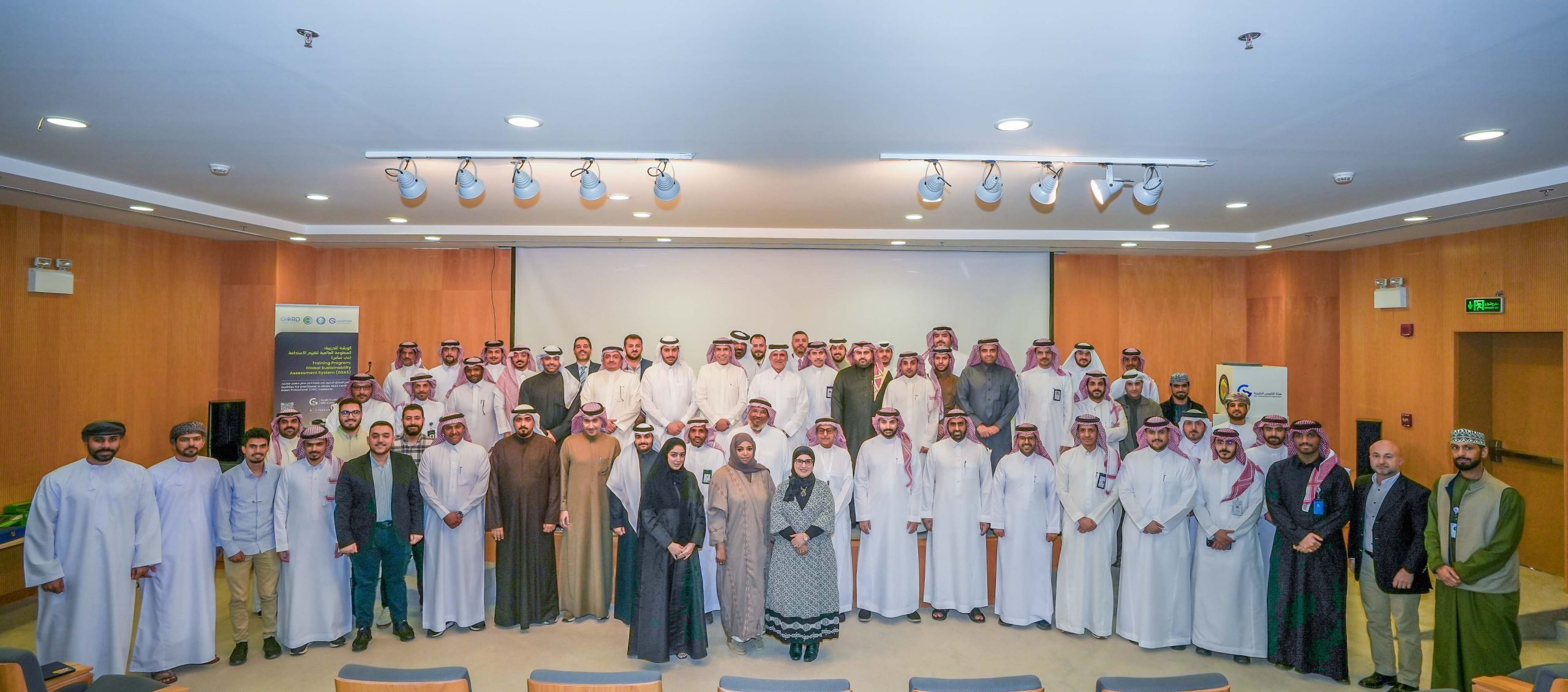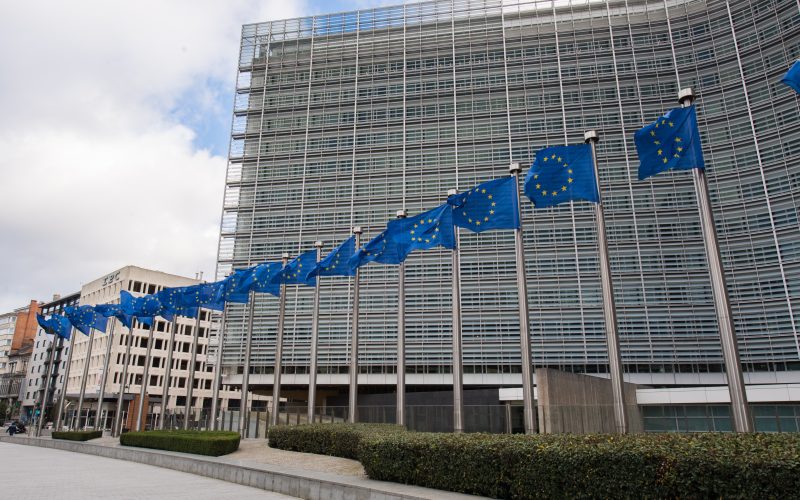EU member states have backed a proposal to delay the rollout of certain corporate sustainability rules to ease pressure on businesses and boost competitiveness across the bloc.
Representatives of EU countries, meeting as the Committee of Permanent Representatives (Coreper), today agreed on the Council’s position for negotiations with the European Parliament on the so-called “Stop-the-clock” directive. The proposed directive is part of a broader legislative simplification effort known as the Omnibus I package, put forward by the European Commission in February 2025.
Under the proposed changes, two major pieces of legislation—on corporate sustainability reporting and due diligence—will see their implementation deadlines pushed back:
- Large companies and listed small and medium-sized enterprises (SMEs) that have not yet started sustainability reporting will be given an extra two years to comply with the Corporate Sustainability Reporting Directive (CSRD).
- The Corporate Sustainability Due Diligence Directive (CSDDD), which places obligations on companies to monitor human rights and environmental standards in their supply chains, will see its first phase delayed by one year.
The proposal, prioritised by the Polish presidency of the Council of the EU, aims to offer legal clarity and reduce administrative burden, particularly for SMEs. Member states broadly supported the delay, recognising the urgent need to give businesses more time to adjust to new EU rules.
A quick agreement with the European Parliament is now being sought. The Parliament is expected to vote on 1 April on whether to fast-track the process.
A push for simpler rules
The move follows calls from EU leaders last year to cut red tape and make regulations more business-friendly. In October 2024, the European Council urged action on improving competitiveness, drawing on recommendations from prominent reports by Enrico Letta and Mario Draghi. This was echoed in the Budapest Declaration of November 2024, which called for a “simplification revolution” to reduce regulatory and reporting burdens.
As a response, the European Commission presented two major simplification packages on 26 February 2025—one focused on sustainability, the other on investment. EU leaders reaffirmed their commitment to these reforms at a summit on 20 March, urging swift adoption by mid-2025.
Adam Szłapka, Poland’s Minister for the European Union, welcomed the agreement and said, “Simplification is one of the key goals of our presidency. Today’s decision marks a crucial first step in reducing bureaucracy and helping make the EU more competitive.” The Council’s negotiating team can now begin talks with the European Parliament, aiming to reach a final agreement on the directive in the coming months.















